By Abhijit Alka Anil
Recently, John Allen Chau, a tourist from US was reported killed by ‘Sentinelese Tribe’, a protected and hostile tribe in the Andaman & Nicobar Islands, which restricts any form of human contact with them.
Here is another tribe that was only about 300 in number during India’s independence in 1947 but today is about 1,586.
Of the four years that I stayed with these tribal people, I told them my intentions of making a detailed photo book on their entire life cycle, traditions and customs; lest they should be lost.
Only after they okayed it; I went ahead with the plan.
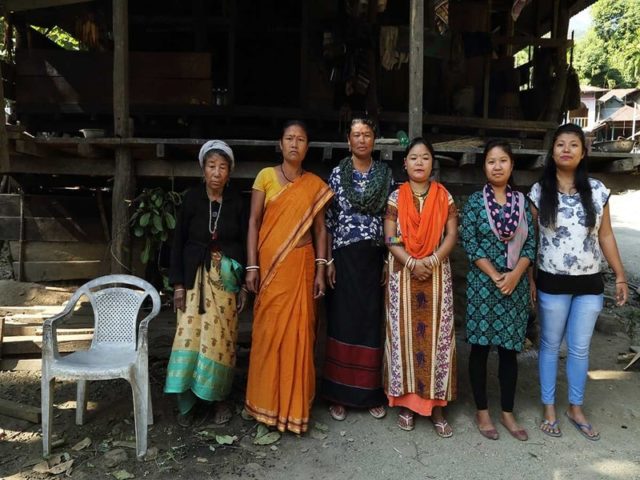
Who are these Toto people?
‘Totopara, the only land of ‘Toto’ tribe in the world is situated at the border of West Bengal and Bhutan in India. Totos are in a dilemma. They are completely influenced by the push and pull factors of globalization and modernization.
And it won’t be wrong to call them as ‘Primitive Tribe in a Globalized World’.
Some members of the Toto tribe can be seen holding on to their culture strongly at the same time accepting western education, culture and communication systems to their benefit and influencing other Totos’ of their age to strike a balance between the two. Many say it has been a difficult balance to maintain.
The primary thing I noticed during my stay with them was how modernization was affecting the tribe in a big way. From mobile and smartphones paving the way in children’s hands to packets of Lays & Kurkure; everything seemed to disturb the ethos of the tribe.
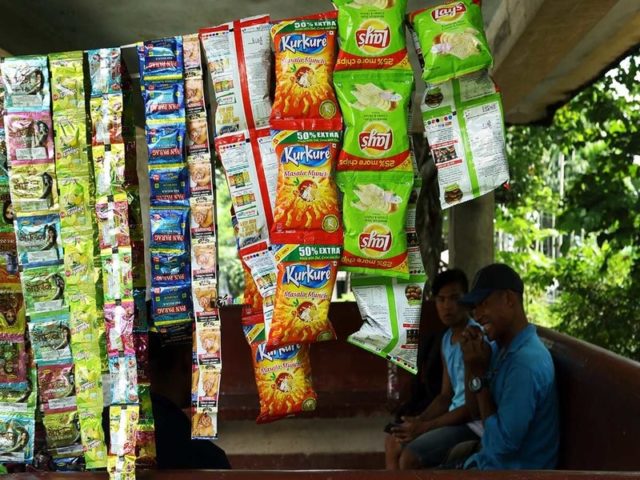
Here are the insights of the tribe
Most of the tribes have an oral tradition. From stories to language, things are passed down orally. While it is very important to safeguard tribal traditions and culture by documenting them; there is a way to do it.
In the case of Toto tribe, an Australian by the name Toby Anderson and his family of wife Mary-Grace and their 3 kids have been staying in Totopara since 2013 to script the language, ‘Toto’ with the help of the locals.
Of course, he has got astounding support from the local Totos; the kind I never got- even being an Indian!
The question here is why does an Australian have to be on the tribal land to document and script the language? Are the Indian linguistics department of the State of West Bengal and the Centre in New Delhi inept to do it?
This situation still haunts me.
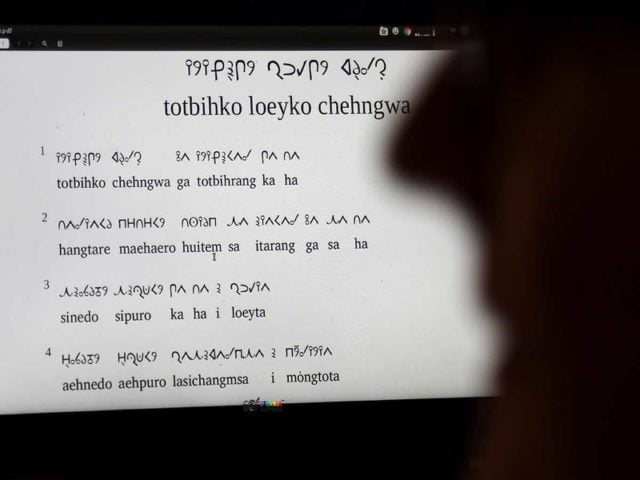
There are four schools in Totopara; two government schools, a missionary school with a hostel – some say it is defunct and the fourth is Chittaranjan Toto Education Centre, an English medium school.
It is founded and run by Lissa Davis from London.
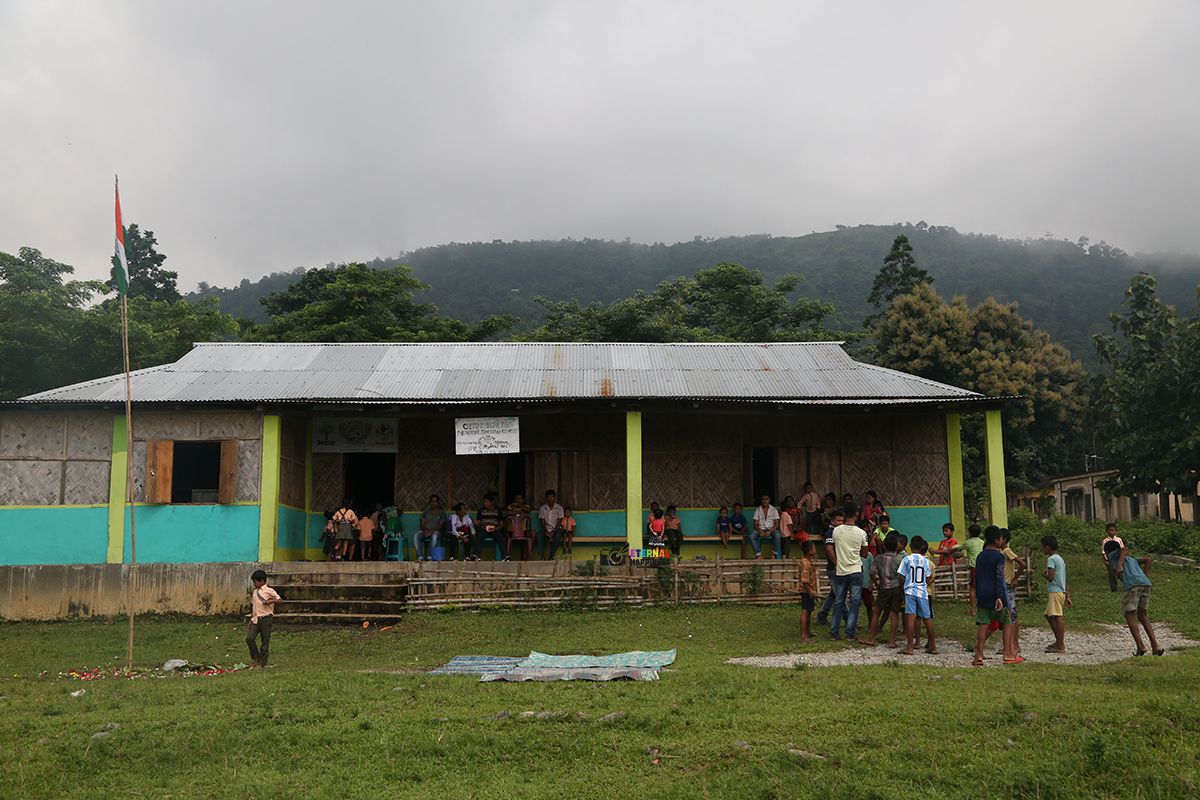
The teachers in this school are local Totos and the funds to run the school come from various sources including crowdfunding. The Toto tribe members have extended their full support to the school.
The teachers teaching here are local Totos and the funds to run the school come from various sources including crowdfunding. The motive here seems to be positive, and the Toto tribe members have extended full support to them.
But did the foreigners take due permission from the local police or the district authorities to enter and work in the tribal land? Would the foreigners allow any Indian in their tribal or protected land, just as they do it here?
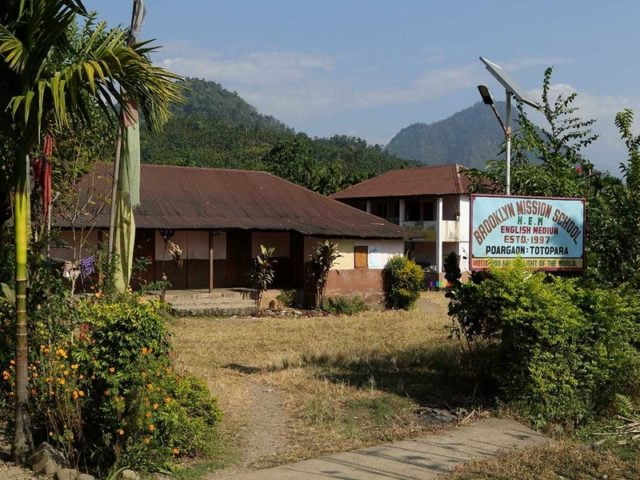
ALSO READ: The Reason Why The Sentinelese Andaman Tribe Is So Hostile And Isolated Is This Creepy Britisher
Next was conversion to Christianity. Totopara has only one PHC but 3 churches in that 8 sq. km. village periphery.
I have been told by some members of Toto tribe (who do not wish to be named) that many resisted to the conversion in the beginning and were shooed away the missionaries from Totopara.
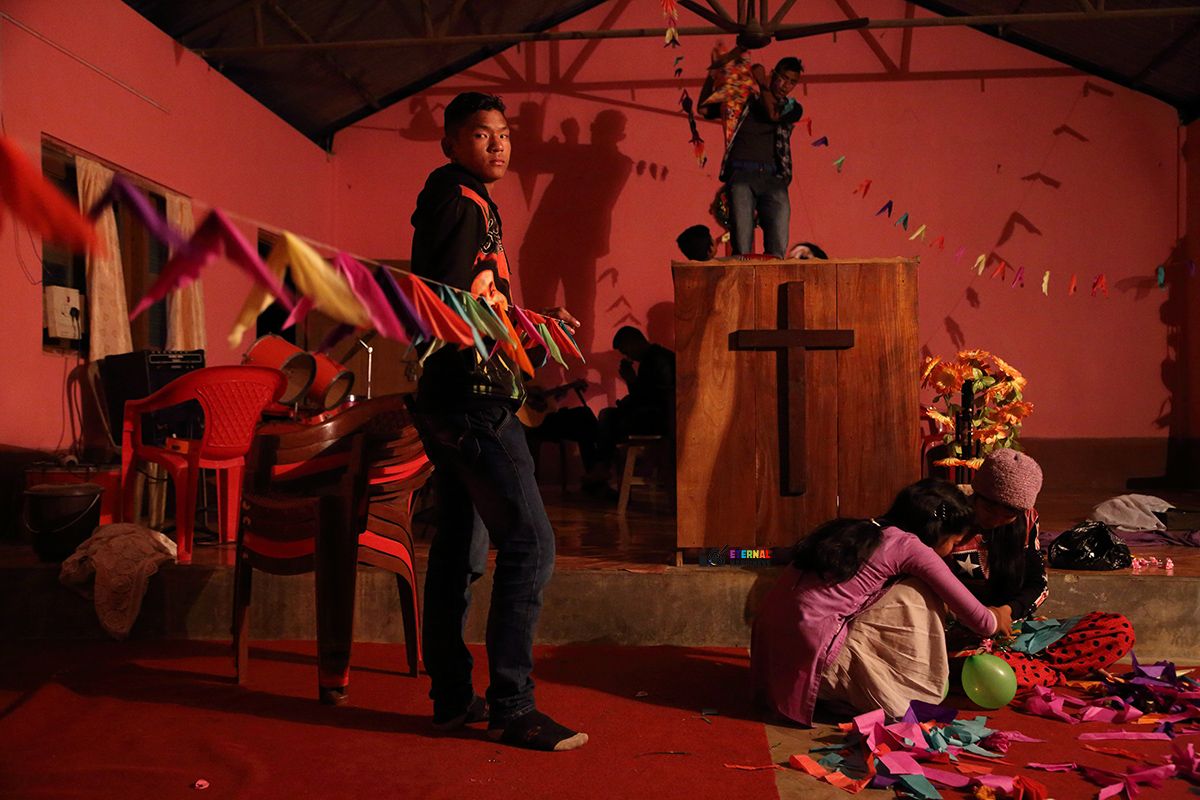
The missionaries lured some Totos’ to northeast India, got them converted and sent them back. In the conversion process, many have changed their names; adopting Christian names and ways of living.
It is because of this process that the originality of the tribe and its culture is getting receded way too fast than expected.
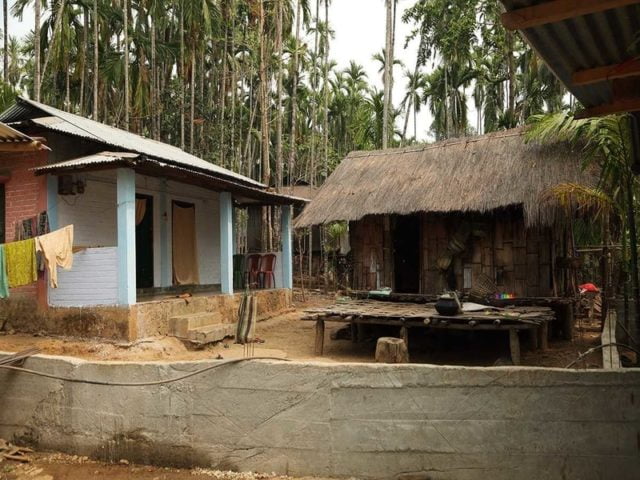
How to work with endangered/protected Tribes:
The first rule is to not to disturb any tribe, they have their own ways of living and coping mechanisms. If any tradition does not fit into mainstream religions; it is not our job to pull them into the mainstream period.
Secondly – Understand that tribes are already endangered with dwindling numbers. They aren’t immune to all diseases and pathogens that the general population is immune to. Essentially you are posing a risk to their health and happiness by blindly venturing out in their land.
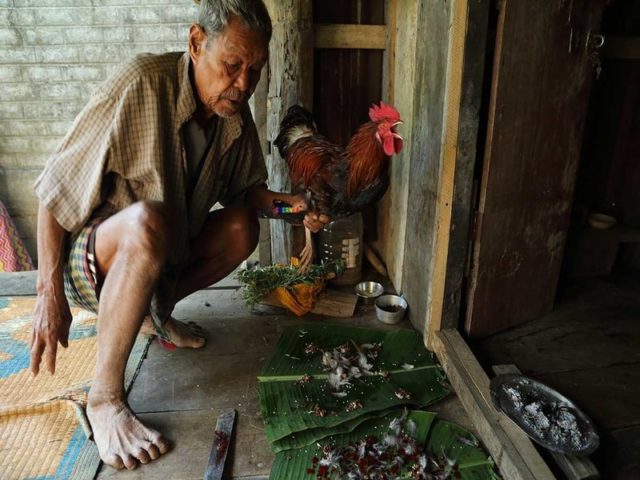
The ‘Sentinelese’ is hostile to the outside world and has been reported to act hostile against the so-called modern population. I am sure the fishermen who took Chau there knew it and warned him against it.
Still, to satisfy his adrenaline, he ventured out by luring them with money. Not the fishermen’s mistake that Chau was attacked and later seen dead. Because of this incident (which Chau himself had asked for it), there has been a case of murder registered at the police station.
The question arises against whom are you going to file a case? The buck stops at the face of now dead Chau and Chau only. Of course, there were major security lapses wherein he was not spotted on his way to the Sentinelese island, which poses grave concerns.
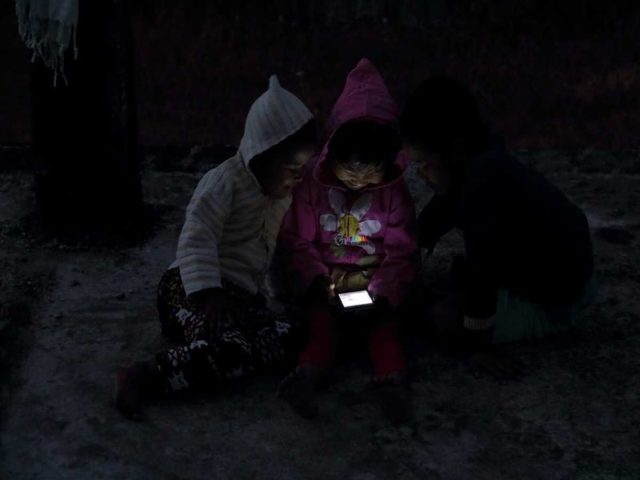
C Uday Bhaskar rightly pointed out the similarities between the ghastly incidence of 26/11 and the breach of Andaman island’s security protocol.
He points out that Chau had visited the islands four times since 2015 and must have slipped through various filters, including the one that regulates the entry of foreign nationals to Restricted Area Permit Zones.
While it is more than important to document the tribes and their life cycle; how are you going to do it? Via coercion or via dialogue? If they aren’t in for a dialogue like in the case of Sentinelese, send a team of experts to do it.
If still not- Leave them alone! They are telling you non-verbally to stay away from them. That is what the Sentinelese have been doing for decades now.
To Chau’s family, ‘Don’t get magnanimous by saying we have forgiven the killers.’
Your beloved son, brother, uncle, best friend had made a deliberate mistake and has paid for it.
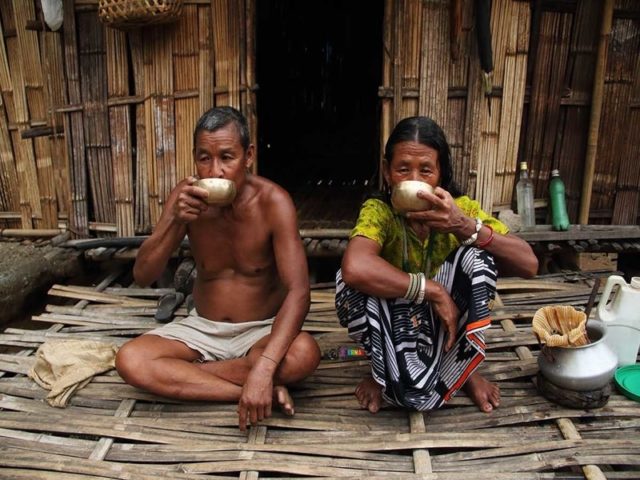
Lesson to the Indian government- Foreigners must be made to stay off-limits in any tribal land.
Indians, try and detest taking money/ gifts from anyone for costly actions like these.
Author Bio: Abhijit is a freelance photographer from Mumbai. He has been invited for photo talks and has done two solo exhibitions on Toto tribe. Apart from working on this self-funded photo book project on the Toto tribe; he has been selected as a Contract Photographer for UNDP. He shoots by the name Eternal Happiness™ and can be contacted @seekslight on Twitter.
Image Credits: Google Images
Sources: Wikipedia, The Hindu, YouTube


























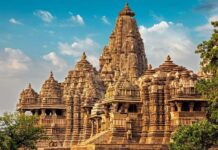
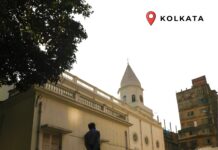




Its a great honour for me to congragulate on the part of entire Toto tribe… I being a part of Toto family .Its a great news that you took a strenous effort in bringing this documents.I feel that toto tribe in itself is unique example of incredible tribe that shares some of its rare history with the mighty lands of india as well as bhutan .I believe that we as a tribe has lot to achieve in the future and we can achieve that as well .for that governmental should offer its full support and i am quite satisfied with what government is doing for us. indeed very relaible work .
THANK U ABHIJEET SIR
Who say it’s only land of Toto’
Lots other community also here’